ABOUT US
Infant development consists of a dynamic, hierarchical and ordered process through which a child learns different interdependent abilities, namely: motor, affective, cognitive, language and social skills. Such skills will prepare the child for learning as well as acquiring other skills in the future - a process that will encompass biological, psychological and social factors. The first years of a child's life are, thus, a delicate time period, perceived as a "window of opportunity". Children who are exposed to adverse environments during early childhood become more vulnerable to precarious and stressful living conditions and might be impacted in the short, medium and long term.
In light of this context, the Brazilian Center for Early Child Development (CPAPI) emerges as a research center supported by São Paulo Research Foundation (FAPESP), through grant #2019/12553-0, with the aim of fostering equal opportunities among children aged 0 to 6 years, by providing policymakers with scientific evidence and thus promoting children's healthy and full development throughout the country.
CPAPI is also an initiative of Núcleo Ciência Pela Infância (NCPI), a coalition that brings together seven organizations with the goal of promoting improved quality of life during early childhood: Bernard van Leer Foundation, Center on the Developing Child e David Rockefeller Center for Latin American Studies, da Universidade de Harvard, Maria Cecilia Souto Vidigal Foundation, Insper, Porticus Latin America and Faculdade de Medicina da USP. NCPI has the vision of bridging the gap between scientific knowledge and society in the long term, in order to support policymakers and practitioners engaged in the promotion of early childhood.
Check out our launch event below, in either Portuguese or English!







